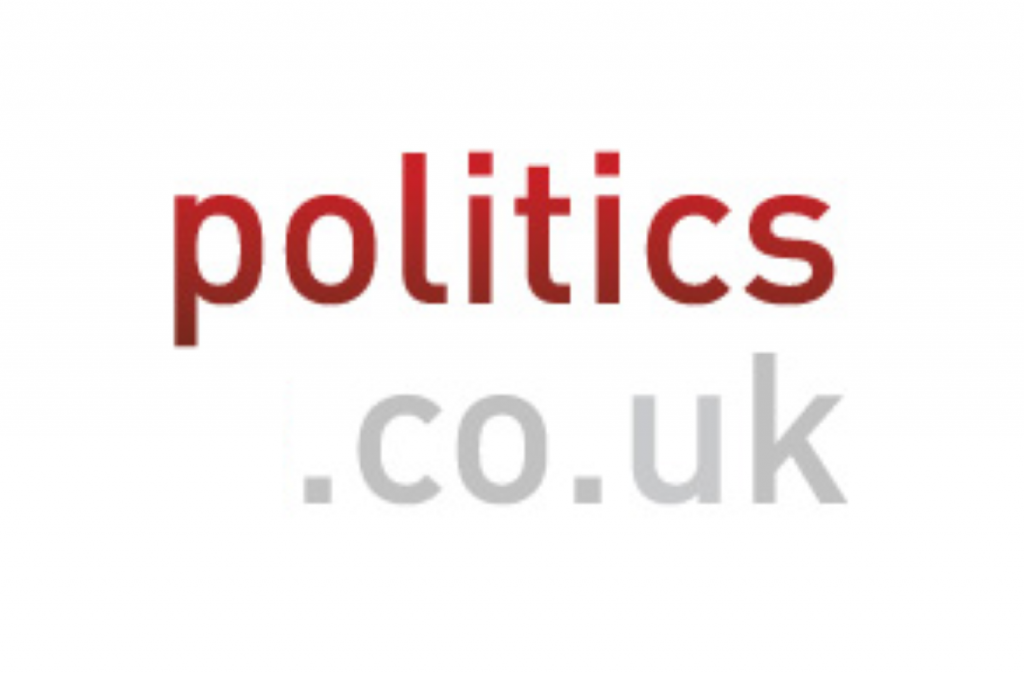Concessions may stave off top-up fees revolt
Downing Street will breathe a sigh of relief on hearing the news that several key backbench Labour rebels have said they will drop their vocal hostility to university top-up fees, after the government made a series of concessions.
Former Culture Secretary Chris Smith yesterday said he would back the Higher Education Bill, which allows universities to charge variable top-up fees up to £3000.
He told ITV: “I am aware the government has moved a huge way to meet many of those concerns and the changes they have made are very welcome indeed.”
Predicting a close result, he said on January 27th: “I think what we will see is, that magic figure of 82 or 83 people voting against the government from the Labour side being the key to whether the Government wins or not; the 100 or more that are still saying they are going to revolt coming down towards that figure.


“I think it is going to be absolutely on a knife-edge when we get to the night.”
Peter Bradley, MP for The Wrekin, and Alan Whitehead, MP for Southampton Test, both said they would support the bill when it came before the Commons.
Mr Bradley said the Bill was now ‘radically different’ from that which he had originally objected to and therefore he urged others to reconsider the merits of the policy.
Mr Bradley said: “Ministers have moved a long way to meet the concerns which we and others have expressed and the Bill is radically different to what most expected it to be.
“We believe the advantages of the Bill now outweigh the concerns we still have about the principle of variability. That is why we will be supporting the government.”
And Mr Whitehead said: “The Bill now incorporates some important safeguards against the adverse impact of variable fees.”
But George Mudie, Labour MP for Leeds East, insisted the Government would be defeated on top-up fees.
“Tony Blair said I’m betraying the country. I find that offensive.
“I object to variability. I am desperate to speak to the Government about trying to find a way out of this.”
Education Secretary Charles Clarke said he remained “confident” the flagship policy would receive the overwhelming support of Labour MPs.
“I think it is important to acknowledge those who vote against the Bill at its Second Reading will vote for up front fees to continue, for the grant not to happen, for the threshold repayment to stay at £10,000 not at £15,000.
“That’s the choice I face and everybody faces,” he said.
Yesterday, Tory leader Michael Howard refused to back a previous party pledge not to introduce top-up fees.
Mr Howard said had the “gravest reservation” about tuition fees but refused to rule out adopting some form of fee system in future.
“The truth is the universities have a funding problem. It has been estimated variously at a £10 or £11 billion shortfall, and neither the Government nor ourselves have any proposals to deal with that problem.
“I have the gravest reservation about tuition fees but in due course, before the next election, we will come forward with our proposals and we will put them before the country in a manifesto.”












